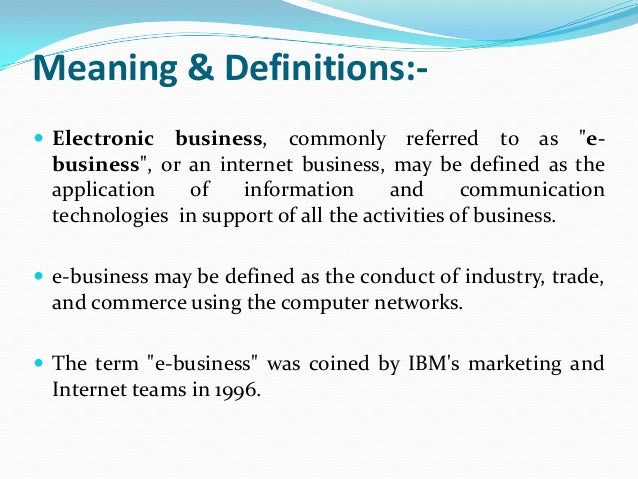
These psychological aspects of having a small business are especially relevant today since policy makers and scholars have increasingly come to focus on subjective well-being as a measure of quality of life (OECD 2011 Helliwell et al. Previous research also shows that high job demands are prevalent among small-business owners’ and that high demands may be especially pronounced among individuals who owns larger businesses (Nordenmark et al.

For instance, a lack of ownership control, increased financial risks and a heavier workload have been perceived as negative consequences with business growth (Davidsson 1989 Braidford et al. Previous research has shown that some small-business owners are hesitant to increase their business. However, small-business owners may also perceive that there are potential barriers and disadvantages related to business growth.
#Influence of big business definition driver#
For instance, Cassar ( 2007) found direct evidence that preferences for financial success act as an important driver of entrepreneurial growth preferences. Small-business owners also often express preferences for financial success that in general requires business growth.

Davidsson ( 1989) found that a majority of small-business owners expressed a preference for firm growth both in number of employees as well as in sales. Apart from the societal benefits of growing small-businesses enterprises in general, small-business growth is also commonly viewed as an indicator of continued entrepreneurship (Davidsson 1989, 1991) and a desirable personal outcome for small-business owners owing to its potential association with financial well-being. 2003 Davidsson 2004 Henrekson and Stenkula 2009). In the last decades politicians and policy makers have emphasized the importance of small business growth for the economy and job creation (Morrison et al. We here find that financial satisfaction is more important for small-business owners’ life satisfaction while time pressure is more important for their emotional well-being. The results of the mediation analysis also reveal differences across the two components of subjective well-being. However, in a subsequent mediation analyses we find that these findings largely can be explained by the fact that financial satisfaction and time pressure relate to subjective well-being in opposite directions and thus cancel each other out.

The results show that there is no overall relationship between business size and life satisfaction, but a weak negative relationship between business size and emotional well-being. By means of structural equation modelling, we determine the importance of business size for subjective well-being by focusing on potential advantages (financial satisfaction) and disadvantages (time pressure) related to business size. In a large cross-sectional sample (n = 1089) of small-business owners from Sweden, we investigate the relationship between business size and the two main components of subjective well-being, life satisfaction and emotional well-being. Few empirical studies have however examined whether there is a positive relationship between business size and different dimensions of small-business owners’ subjective well-being. Business growth is often portrayed as an important outcome for small-business owners.


 0 kommentar(er)
0 kommentar(er)
